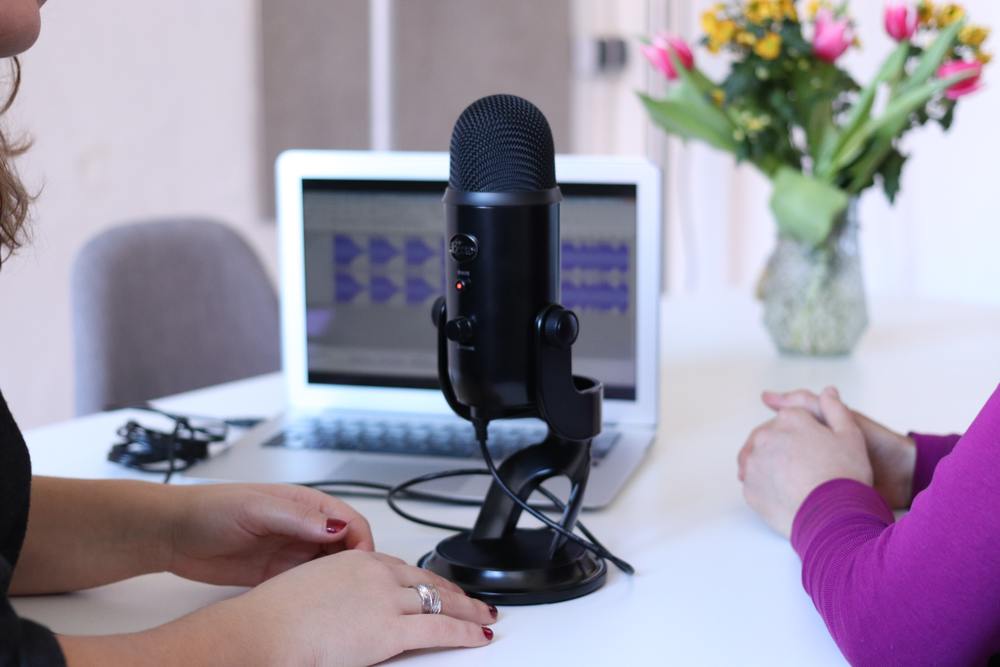Voiceover opportunities are everywhere these days. Many years ago, typical voiceover work included kid’s cartoons and Kung-Fu movie dubbing. Modern technology, however, has opened up multiple voiceover opportunities such as:
- GPS navigation systems
- Corporate training videos
- E-learning software
- Video games
- Telephone message services
- Television and radio advertisements
The list is endless, especially when localization services are included.
Four Tips for Voice-Over Success
There are still voice-over opportunities for cartoons and Kung-Fu movies, but with so much more voice-over work available, people with a creative interest in the arts should consider becoming voice-over artists. Here are four tips for those who are looking to use their talents off-screen.
1) Study acting
L.A.-based talent director Tom Keegan gives this advice to aspiring voiceover artists because, “All good voice acting has, at its base, a character, an action, and circumstances.” Acting classes can be found everywhere, so join up and increase your abilities to make it sound believable.
2) Work on your characters
Develop different voices that will make you stand out from the crowd. You might have a distinct maritime accent or be able to play an aging WWII vet. Work on those. Practice different accents, delve into baby-talk, and cultivate a few characters that can take you from Confederation to the final frontier.
3) Market your bilingual skills
New American Economy reports that since 2010, the “demand for bilingual workers in the United States more than doubled,” so being bilingual can give you an edge. Develop your accents, timing, and cultural understanding to gain work on key projects.
4) Watch commercials—and listen
Commercial voiceover casting director Pamela Fahey suggests that you “Create some scripts from the [commercials] you like and think are right for your voice, and then practice like crazy. See what kind of range you can create by reading one piece of copy.”
The Professional Difference
At ITC Global, we know how much of a difference these tips can make. After all, we take voiceover work seriously.
- We partner with a studio that features acoustically-insulated recording and post-production studios. We have access to other partner studios around the globe.
- We work with directors who are trained to get the best out of the voiceover artists they work with. They ensure that scripts are translated according to client specifications.
- Our talent pool includes over 1000 voice actors in 50 different languages—even those languages that are hard to find.
- Our actors have proven experience, with knowledge and command of their language. Recordings are checked by native speakers of the language.
If you have a need for any type of voiceover work, choose a company that can handle whatever it is that you require. Contact us to learn more about why we’re so good at what we do.


